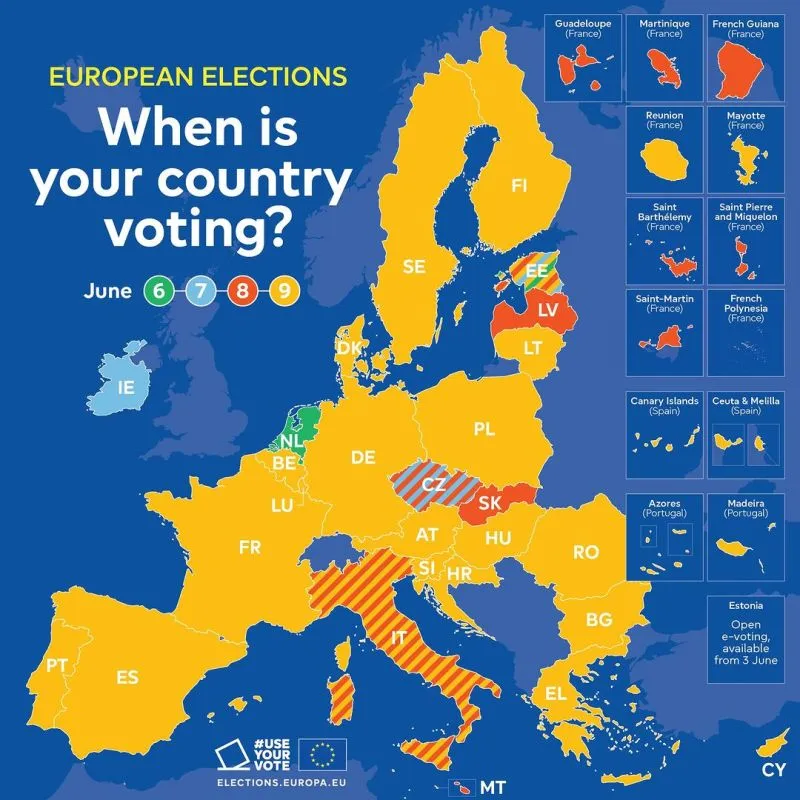EU Elections, Ether ETF Approval, Microsoft Comes for Crypto
In the rapidly evolving world of cryptocurrency, significant movements have been observed. The European Union, with its formidable political machinery, has recently introduced an amendment potentially influenced by left-leaning and green party ideals. This ideation stems from a chain reaction, beginning with an exodus of Ukrainian refugees that prompted Northern European countries to bolster their boundaries against possible cyber threats.
Concurrently, in the United States, the investment stratosphere witnessed a paradigm shift with the approval of an Ether Exchange-Traded Fund (ETF). Historically, the Securities and Exchange Commission (SEC) had shown a reticent approach towards approving crypto-related ETFs. This game-changing decision marks a noteworthy milestone reminiscent of the ripple effect that Bitcoin endured post its ETF approval. Investors and analysts alike speculate this could be the propulsion Ether needs to skyrocket in adoption similar to its elder crypto sibling, Bitcoin. Interestingly, the approval comes in the wake of a persistent lobby fueled by several financial powerhouses aiming to diversify the crypto landscape further.

Meanwhile, in the domain of tech giants, whispers about Microsoft’s potential foray into the cryptocurrency space have grown louder. Their vast ecosystem, which reaches millions globally, is seen as a significant asset that could revolutionize crypto accessibility and utility. Speculations are tethered to an integration that might amalgamate blockchain technology seamlessly with everyday tech solutions, thereby granting unprecedented ease of use and security. If these murmurs hold any ground, Microsoft’s entry could be a harbinger of mainstream adoption for numerous digital currencies, aligning with growing trends of decentralization and democratized tech solutions.
The triad of these events underscores the escalating momentum within the cryptosphere, symbolizing an intricate dance of regulatory evolution, financial opportunities, and technological advancements. As European policymakers grapple with new cyber paradigms catalyzed by geopolitical tensions, the U.S. financial regulators’ green light for Ether ETFs echoes a broader acceptance of decentralized assets. Simultaneously, Microsoft’s potential strides illuminate the tantalizing prospect of blending traditional tech frameworks with avant-garde blockchain innovations.
This riveting convergence of political, financial, and technological fronts signifies a transformative era for cryptocurrency where theoretical constructs meet practical applications, promising a future where digital currencies might not just coexist but thrive, reshaping global economic landscapes. The horizon is dotted with potentialities, and as stakeholders across sectors prepare to navigate these uncharted waters, the ensuing developments will undoubtedly offer a rich tapestry of opportunities and challenges alike.

